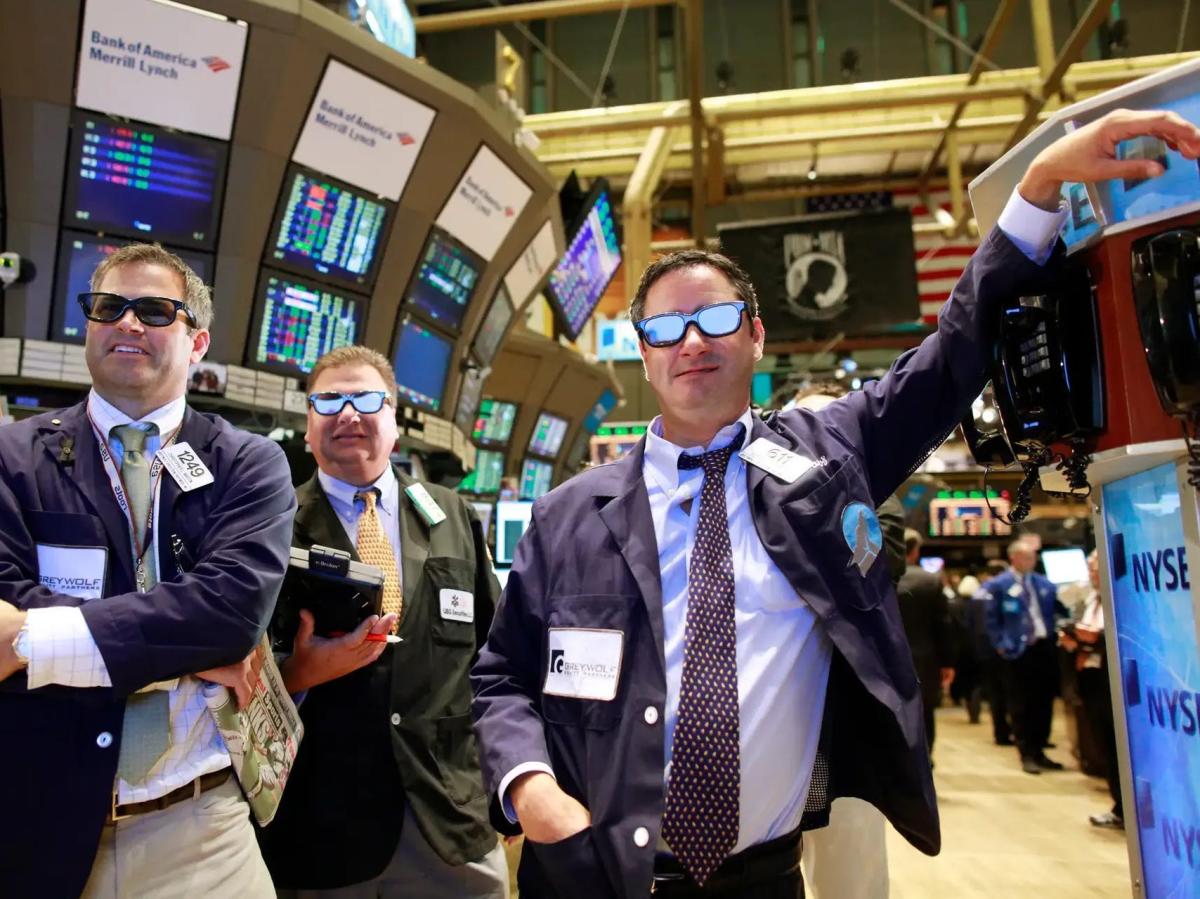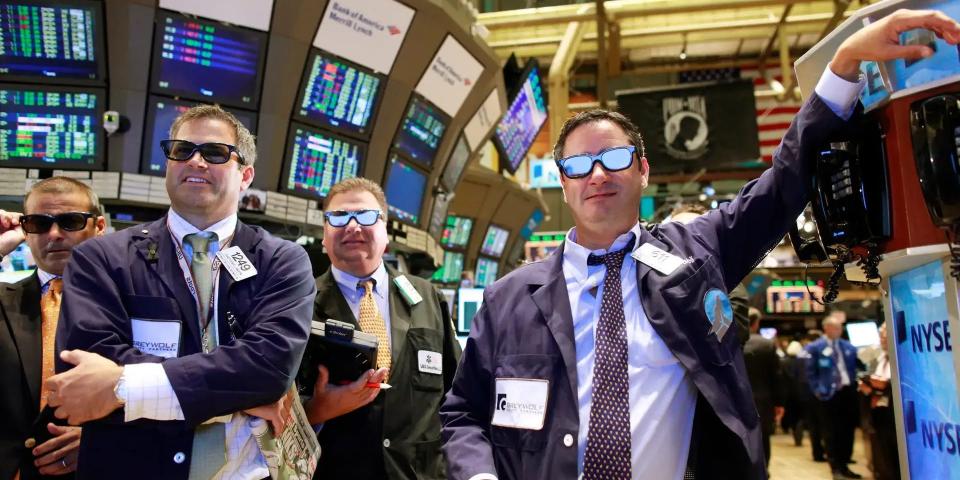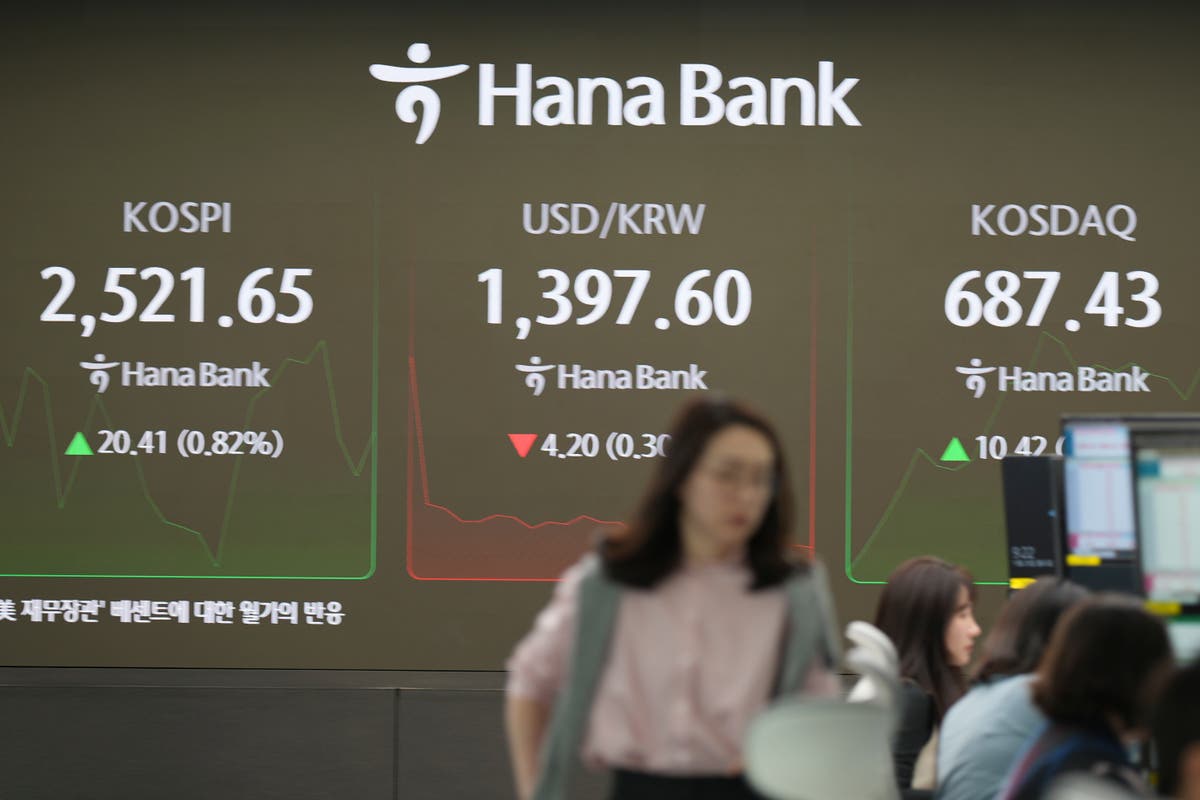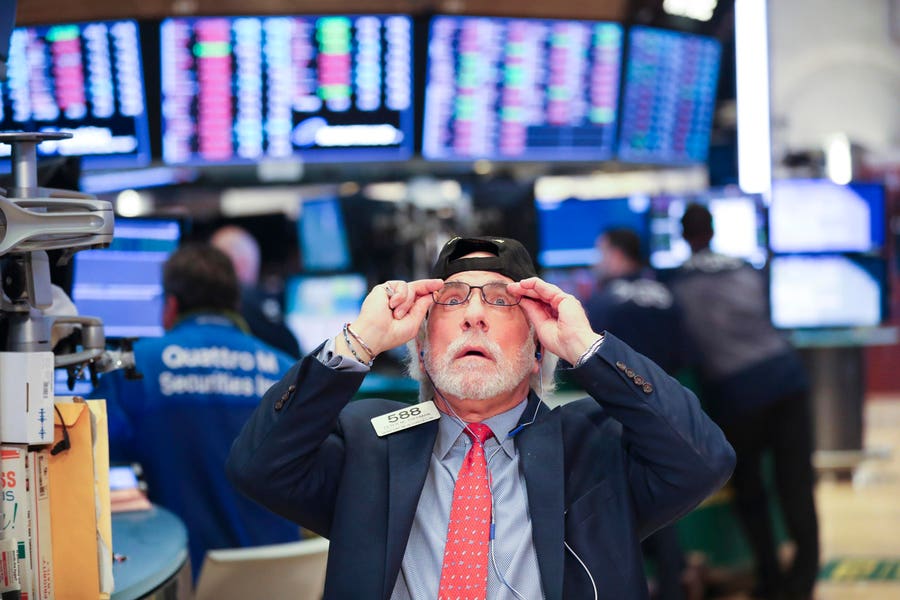-
The S&P 500 just flashed a bullish signal that suggests a 19% gain by August 2025, according to Bank of America.
-
The bank highlighted the stock market’s 12 consecutive months of positive year-over-year gains.
-
The signal suggests that equities still have a bullish backdrop despite weakness in April.
A bullish signal just flashed in the stock market, and it suggests that the S&P 500 could surge another 19% to 6,000 by August 2025, according to Bank of America.
In a note on Tuesday, Bank of America technical analyst Stephen Suttmeier highlighted that the S&P 500 posted 12 consecutive months of positive year-over-year gains.
In other words, from March 2023 to March 2024, the S&P 500 had a positive year-over-year return each month. That bullish signal is the exact opposite to what happened in the prior year, when the S&P 500 delivered 12 consecutive months with negative year-over-year gains, from April 2022 through March 2023.
“April 2023 broke this bearish streak with a positive YoY return. We viewed this as a bullish backdrop signal for US equities, and the SPX has rallied over 20% since then,” Suttmeier said.
The positive signal that just flashed is a reminder to investors that despite the stock market’s weakness in April, with the S&P 500 down about 4%, the long-term trend in stocks is still up. And that suggests there could be further gains ahead.
“Don’t lose sight of the secular bull market,” Suttmeier said.
According to Suttmeier, the monthly streak of positive returns can extend from the current 12 month-reading to 20 months, based on historical averages, which coincides with a 17% gain for stocks. Meanwhile, the median streak of positive returns can extend to 17 months with a gain of 14%, based on historical data.
That suggests the S&P 500 could trade to 6,000 by August 2025, and to as high as 6,150 by November 2025.
But in the short-term, amid the ongoing weakness in stocks, Suttmeier said investors should keep an eye on potential support levels for the S&P 500 at 5,000 as well as a range from 4,600 to 4,800.
Those support levels represent a potential decline of as much as 9%, signaling that the current risk/reward profile for stocks remains attractive.
Read the original article on Business Insider


















